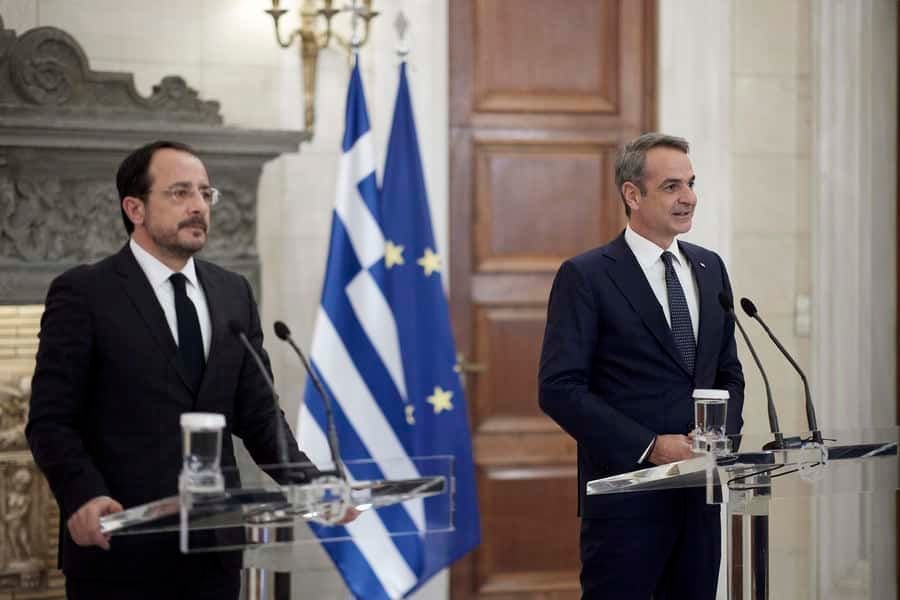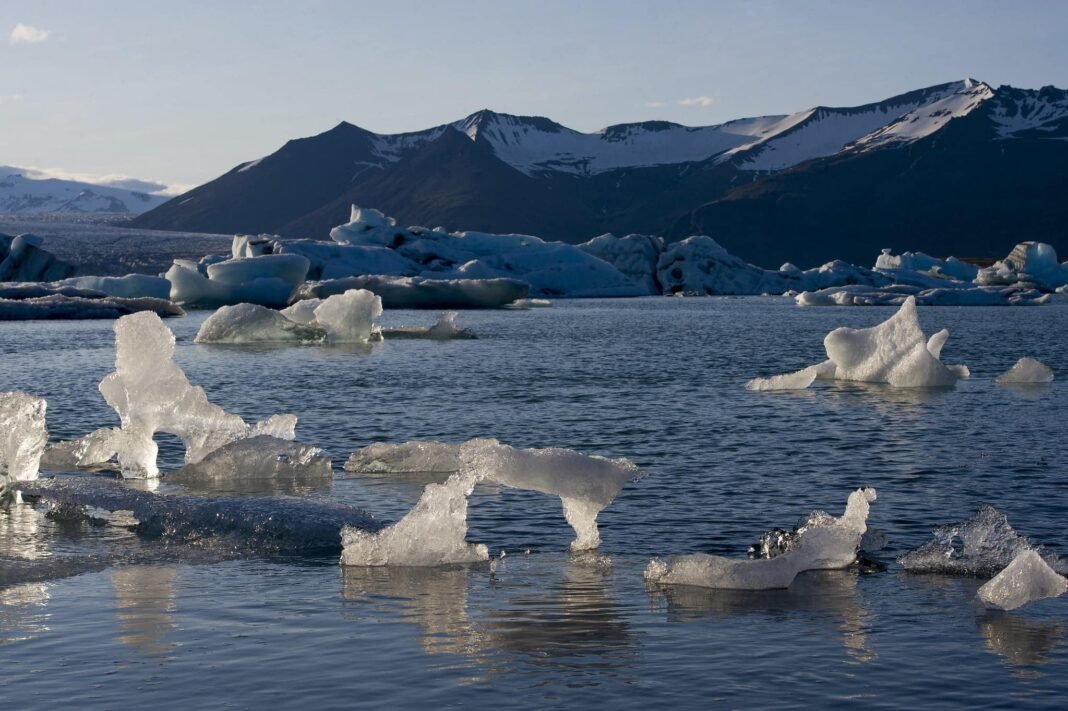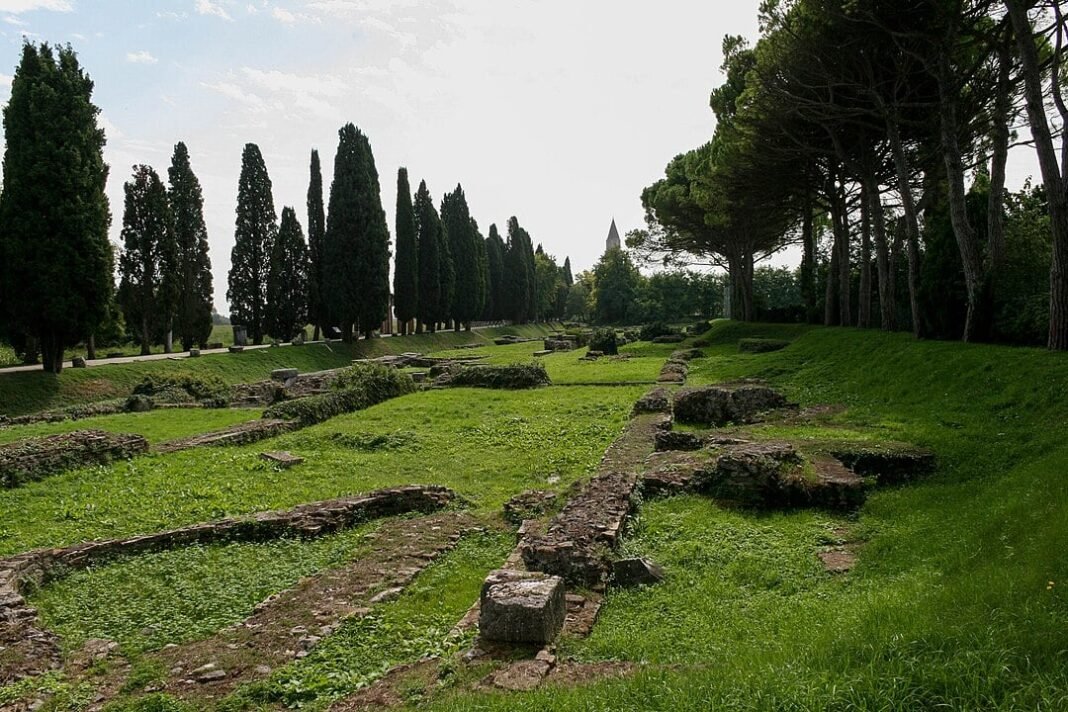
At a time of heightened geopolitical complexity in the Eastern Mediterranean, Greece and Cyprus are taking a fresh look at their joint energy interconnection project and diplomatic agenda.
The two governments reaffirmed their cooperation on regional stability and energy security but acknowledged the need to restructure the timeline and financial framework of their ambitious power interconnection project linking Greece, Cyprus, and Israel.
Both countries also reiterated their shared commitment to reviving formal talks on the Cyprus issue, signaling a coordinated approach on broader diplomatic priorities in the region.
Strategic Framework and Regional Partnerships
Greek Prime Minister Kyriakos Mitsotakis underscored the importance of the 3+1 framework, which brings together Greece, Cyprus, and Israel with the support of the United States, as a cornerstone for regional collaboration.
He emphasized that the initiative goes beyond energy, serving as a platform for geopolitical coordination in a region marked by shifting alliances and growing energy competition.
Mitsotakis noted that Greece’s evolving cooperation with Washington adds new weight to projects that strengthen energy connectivity and resilience, such as the Greece–Cyprus–Israel electricity interconnection.
Funding Disputes and Project Delays Put Greece and Cyprus Under Pressure
Despite strong political alignment, the two countries face serious financial and logistical challenges in advancing the project. The initial budget, set at €1.9 billion ($2.2 billion), has ballooned to nearly €3 billion ($3.4 billion), prompting Athens and Nicosia to launch a technical and economic reassessment.
Complicating matters further, Cyprus has paused its €25 million ($28 million) contribution for 2025 to Greece’s grid operator Independent Power Transmission Operator (IPTO or ADMIE), citing concerns about the project’s long-term direction. Nicosia insists that its hesitation is not financial but stems from uncertainty over Athens’ commitment — particularly after Turkish naval interference with the Italian survey vessel Ievoli Relume near Kasos in 2024.
Greek officials, however, believe Cyprus’s reservations may also reflect domestic energy interests and competing priorities within the island’s energy sector.
Search for new investors and the EU’s diplomatic role
Efforts to attract foreign investment continue, though with significant headwinds. Past negotiations with investors in the United Arab Emirates initially showed promise but ultimately stalled following Turkish diplomatic interventions. The persistent geopolitical risk in the region remains a major deterrent for potential backers.
Energy ministers from both countries, George Papastavrou (Cyprus) and George Papaconstantinou (Greece), are now calling for greater involvement from the European Union. Rather than direct funding, they are seeking EU diplomatic support to elevate the project’s strategic standing.
Interestingly, the joint communiqué from the third Greece–Cyprus Intergovernmental Summit omitted any mention of the interconnection, a notable absence interpreted by observers as an indication of ongoing sensitivities.
Cyprus is also pursuing parallel talks with Lebanon on a separate cable, while Israel has suggested starting with the Cyprus–Israel segment of the larger project. Discussions also continue about integrating the interconnection into the proposed India–Middle East–Europe Corridor, though the concept remains in early and uncertain stages.
Greece and Cyprus shared diplomatic vision
Beyond energy, both countries reaffirmed their joint diplomatic stance on the Cyprus issue, urging the resumption of UN-led negotiations for the reunification of the island based on UN Security Council resolutions.
Mitsotakis stressed that Athens and Nicosia have worked consistently to restore the matter to the UN agenda after years of stagnation, calling on Turkey and the Turkish Cypriot leadership to demonstrate genuine commitment to peace talks.
The recent election of Tufan Erhürman as the leader of the Turkish Cypriot community has introduced a new dynamic. His upcoming November 13 visit to Ankara and his expressed support for a “loose federation” model will be closely watched as a potential signal of Ankara’s intentions.


